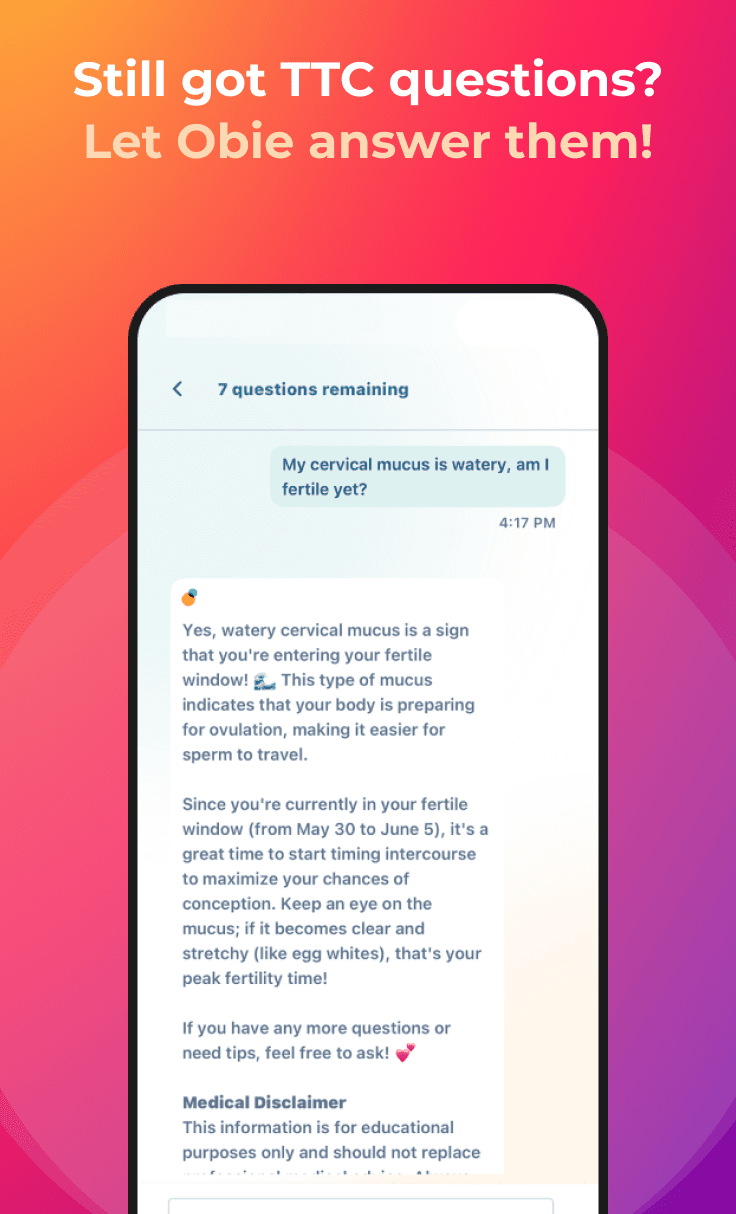Antioxidant Use May Not Increase Fertility
Fertility and Infertility News
Obie Editorial Team
 Research has not provided any high quality evidence that using antioxidants improves a woman's chances for becoming pregnant, according to a new systematic review published in The Cochrane Library. This review found that women who took an over-the-counter antioxidant supplement were no more likely to conceive. Additionally, there is limited information about the safety of antioxidants - most antioxidants are not controlled by regulations.
Research has not provided any high quality evidence that using antioxidants improves a woman's chances for becoming pregnant, according to a new systematic review published in The Cochrane Library. This review found that women who took an over-the-counter antioxidant supplement were no more likely to conceive. Additionally, there is limited information about the safety of antioxidants - most antioxidants are not controlled by regulations. About 25 percent of couples who are trying to conceive (TTC) are "subfertile," or have difficulty becoming pregnant. Experts estimate that female problems cause the subfertility in 40 to 50 percent of these cases. These female disorders include ovulation problems, poor egg quality, fallopian tube damage, and endometriosis. Some believe these problems bring out oxidative stress, usually treated with antioxidants.
Scientific trials have tried to support this theory in the past, with varied results. The Cochrane Library review analyzed the results of 28 of these trials involving 3,548 women visiting fertility clinics. The results showed no clear evidence that taking antioxidants increased the rates of clinical pregnancy or live births. Based on the results of the review, authors of the study expected the number of subfertile women who become pregnant after taking antioxidants is nearly the same as the number of women who did not.
Fortunately, taking antioxidants to improve the chances for becoming pregnant and delivering a baby does not seem to be harmful. Authors of the Cochrane review concluded that there is no evidence to show antioxidant use causes miscarriages, multiple births, or ectopic pregnancy.
Overall, the quality of the study was low, reflecting the relatively low quality of the trials The Cochrane Library reviewed. The low quality of the trials made it difficult for reviewers to assess whether one antioxidant is better than another.
Many women undergoing fertility treatments take nutritional supplements to improve their chances of conceiving. Subfertile women who are trying to get pregnant should consult with their physician before starting any drug program.
Source: Showell MG, Brown J, Clarke J, Hart RJ. Antioxidants for female subfertility. Cochrane Database of Systematic Reviews 2013, Issue 8. Art. No.: CD007807. DOI: 10.1002/14651858.CD007807.pub2.








